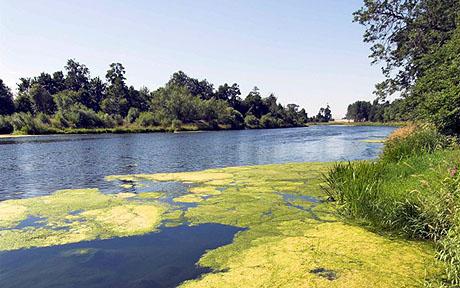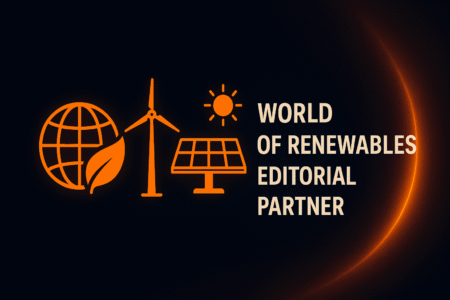MBD Energy to produce algae-based biofuel and livestock meal using CO2 emissions from coal power plants
Australian biofuel specialist MBD Energy is poised to unveil a new facility that it claims will be the world’s largest refinery for producing algae-based biofuels and high-protein livestock feed.
The Melbourne-based company plans to showcase its 5,000 square metre micro algae research and development facility in Townsville, Queensland next week. Originally opened last year, it was recently expanded and will be formally re-launched on 20 November.
MBD and the marine biology department at Townsville’s James Cook University have developed a ” bio-sequestration” process in which carbon dioxide is drawn from the flue of a coal-fired power station and piped into a giant algae farm.
The gas is fed as a nutrient to tonnes of algae, along with sewage or livestock waste and commercial fertilisers. The algae, which consist of local strains selected for their high oil yields, then double in mass every 24 to 48 hours.
When harvested and crushed, about 35 per cent of the slime’s mass will yield oil for the manufacture of biofuel and plastics, according to MBD. The remainder can be turned into meal with a 20 per cent protein content that can be used as livestock feed or biomass for power generation or plastic production.
Cattle that are fed the slime-based livestock feed are also found to have emitted 20 to 40 per cent less methane in trials conducted by James Cook University.
The company has agreements to build full-scale display plants at a number of Australia’s major coal-burning power stations in Victoria, New South Wales and Queensland. It estimates that one million tonnes of carbon dioxide could produce 550,000 tonnes of algae.
MBD’s technology has caught the attention of Australia’s federal opposition, which views bio-sequestration as possibly a more practical “clean coal” technology than carbon capture and storage (CCS), in which CO2 emissions are buried underground.
Opposition environment spokesman Greg Hunt told The Australian Financial Review yesterday that while they were initially “very cautious about algal energy, but we are now beginning to take the view that CCS is likely to be a bit slower than we expected [and] algal energy is likely to be a lot faster than we had expected.”
Coal-rich Australia has spent about A$2.4bn (US$2.2bn) in federal funding on CCS research. However, pessimism over its viability is mounting, as costs continue to rise. A recently released report has calculated that the use CCS technology at coal-burning power plants would add 78 per cent to the price of producing electricity.










